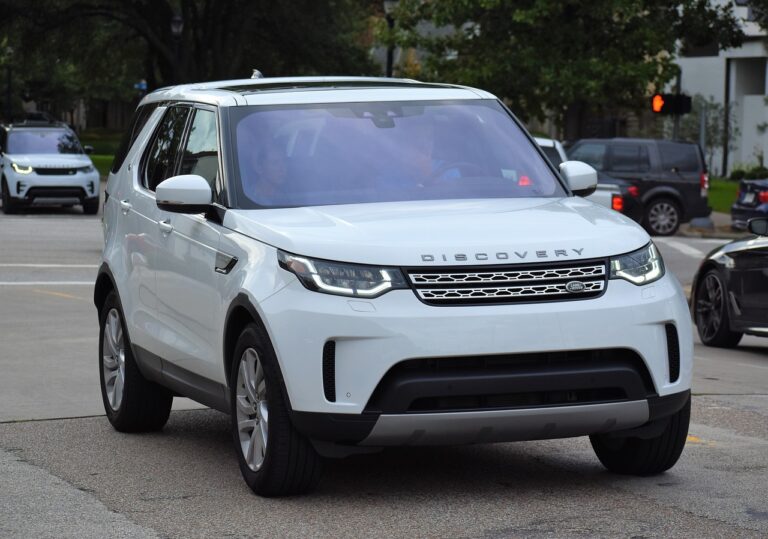The Influence of Ride-Sharing on Car Sales: Tigerexchange247, Golden 77, Sky99exch
tigerexchange247, golden 77, sky99exch: The Influence of Ride-Sharing on Car Sales
Ride-sharing services like Uber and Lyft have become increasingly popular over the past decade, changing the way people think about transportation. With just a few taps on a smartphone, you can instantly summon a vehicle to take you wherever you need to go. As convenient as this may be for consumers, the rise of ride-sharing has had a significant impact on the automotive industry, particularly in terms of car sales. In this article, we will explore how ride-sharing has influenced car sales and what this means for the future of the automotive industry.
The Rise of Ride-Sharing
Before we delve into the effects of ride-sharing on car sales, it’s essential to understand how these services have gained such widespread popularity. Ride-sharing companies like Uber and Lyft have disrupted the traditional taxi industry by offering a more convenient and often less expensive alternative for getting around town. With the advent of smartphone technology, these companies have made it easier than ever for consumers to hail a ride at a moment’s notice, leading to a surge in demand for their services.
The Impact on Car Ownership
One of the most significant ways that ride-sharing has influenced car sales is by reducing the need for individual car ownership. In the past, owning a car was seen as a necessity for many people to get to work, run errands, and travel. However, with the rise of ride-sharing, many consumers have found that they can rely on these services instead of owning their vehicle. This shift in mindset has led to a decline in car sales, particularly in urban areas where ride-sharing is most prevalent.
The Cost Factor
Another factor that has contributed to the decline in car sales due to ride-sharing is the cost savings that consumers can enjoy by using these services. While owning a car comes with a host of expenses, including insurance, maintenance, and parking fees, ride-sharing allows consumers to pay only for the rides they need. This affordability factor has made ride-sharing an attractive option for many people, especially those living in cities where the cost of car ownership can be prohibitively high.
Changing Consumer Preferences
In addition to cost savings, ride-sharing has also influenced car sales by changing consumer preferences. Many people, particularly younger generations, are more interested in access to transportation rather than ownership of a vehicle. This shift in mindset has led to a decline in car sales among millennials and Gen Z, who are more likely to rely on ride-sharing services for their transportation needs. As a result, car manufacturers have had to adapt to these changing preferences by offering more flexible ownership options, such as car subscription services, to appeal to this new generation of consumers.
The Future of Car Sales
So, what does the future hold for car sales in the era of ride-sharing? While it’s clear that ride-sharing has had a significant impact on the automotive industry, it’s not necessarily a death knell for car sales. As ride-sharing continues to evolve and expand, there will always be a need for personal vehicles for certain individuals, such as families or those living in rural areas. Additionally, the rise of autonomous vehicles could also change the landscape of car ownership, with ride-sharing companies like Uber and Lyft investing heavily in this technology.
FAQs
1. Can ride-sharing completely replace car ownership?
While ride-sharing has made it more convenient for many people to get around without owning a car, there will always be a need for personal vehicles for certain individuals and situations.
2. How have car manufacturers responded to the rise of ride-sharing?
Car manufacturers have adapted to the changing landscape by offering more flexible ownership options, such as car subscription services, to appeal to consumers who prefer access to transportation over ownership of a vehicle.
3. Will autonomous vehicles change the future of car sales?
The rise of autonomous vehicles could potentially change the way we think about car ownership, with ride-sharing companies investing in this technology to revolutionize the transportation industry.
In conclusion, ride-sharing has had a significant impact on car sales by changing consumer preferences, reducing the need for car ownership, and offering cost savings for consumers. While the future of car sales may look different in the era of ride-sharing, there will always be a need for personal vehicles in certain situations. Car manufacturers will continue to adapt to these changing trends to ensure their survival in a rapidly evolving industry.







